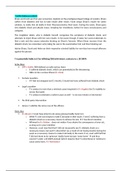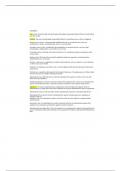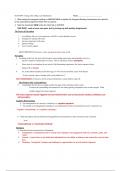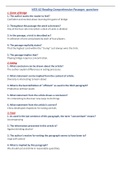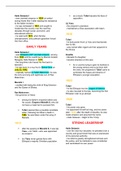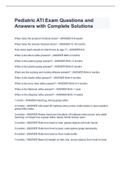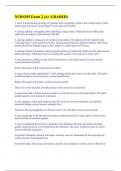Summary
Summary Criminal Law PQ Outlines
Comprehensive first class Criminal Law PQ notes from University College London (2018/2019). Notes include concise case summaries, key reasonings to reconcile conflicting case law and detailed answer outlines to problem questions
[Show more]
